Author: Bob Weeks
-
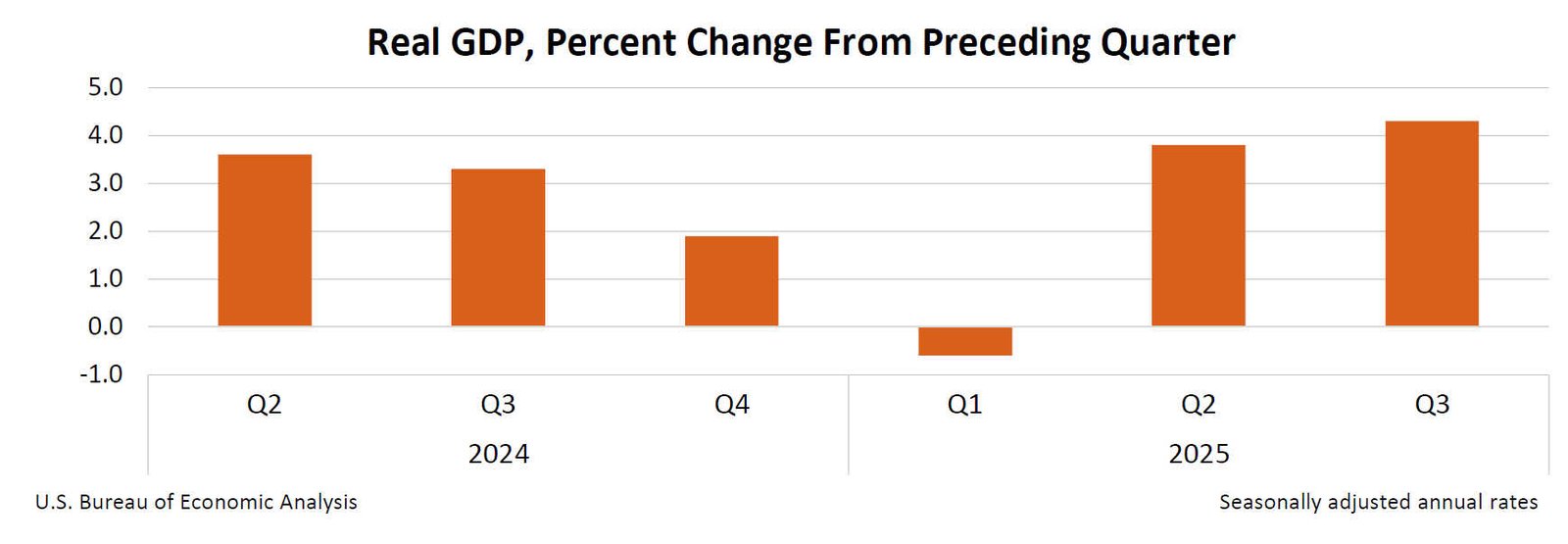
Gross Domestic Product, 3rd Quarter 2025 (Initial Estimate) and Corporate Profits (Preliminary)
The U.S. economy grew at an annual rate of 4.3 percent in the third quarter of 2025, driven by increases in consumer spending, exports, and government spending, while corporate profits rose 166.1 billion dollars compared to the second quarter.
-
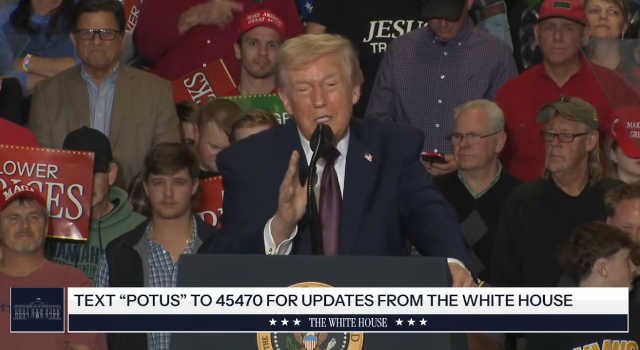
Fact-Check: Trump Rocky Mount Rally Claims (December 19, 2025)
Trump’s speech mixed verified factual claims with significant exaggerations and unverifiable assertions. The most accurate claims related to recently released government data (inflation) and verified news events (Biffle crash, Syria strikes). The most problematic claims involved dramatic overstatement of dollar amounts (Minnesota fraud) and absolute statements that defy available evidence (zero illegal immigration).
-

Trump Returns to North Carolina, Announces Historic Drug Price Cuts and Touts Economic Achievements at Rocky Mount Rally
President Trump returned to Rocky Mount, North Carolina on December 19, 2025, announcing dramatic prescription drug price reductions through “Most Favored Nation” negotiations with pharmaceutical companies. He endorsed Michael Whatley for Senate and outlined his first-year economic record.
-
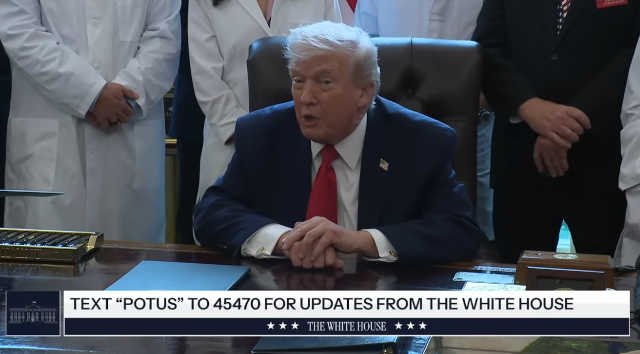
Fact-Check: Major Claims from Trump’s Cannabis Executive Order Event
This fact-check reveals a pattern: while some claims (40 states with medical marijuana, Medicare beneficiary numbers) are straightforwardly accurate, others (insurance stock performance, Ukraine casualties, the 82% polling figure) are either misleadingly framed, lack proper context, or cannot be verified with available data.
-
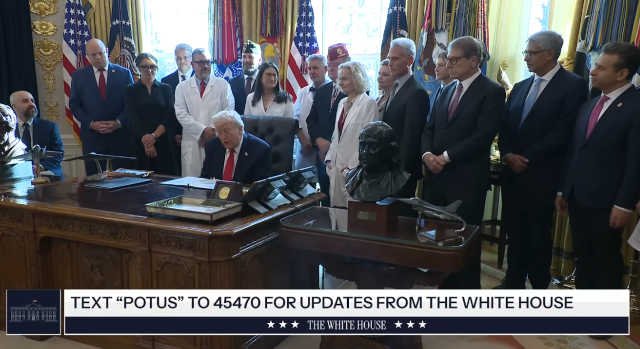
Trump Signs Executive Order Rescheduling Marijuana, Expands Medicare Coverage for Cannabis Products
President Trump signed an executive order rescheduling marijuana from Schedule 1 to Schedule 3, recognizing medical uses while emphasizing this is not recreational legalization. Medicare will cover CBD products for seniors starting April 2026.
-
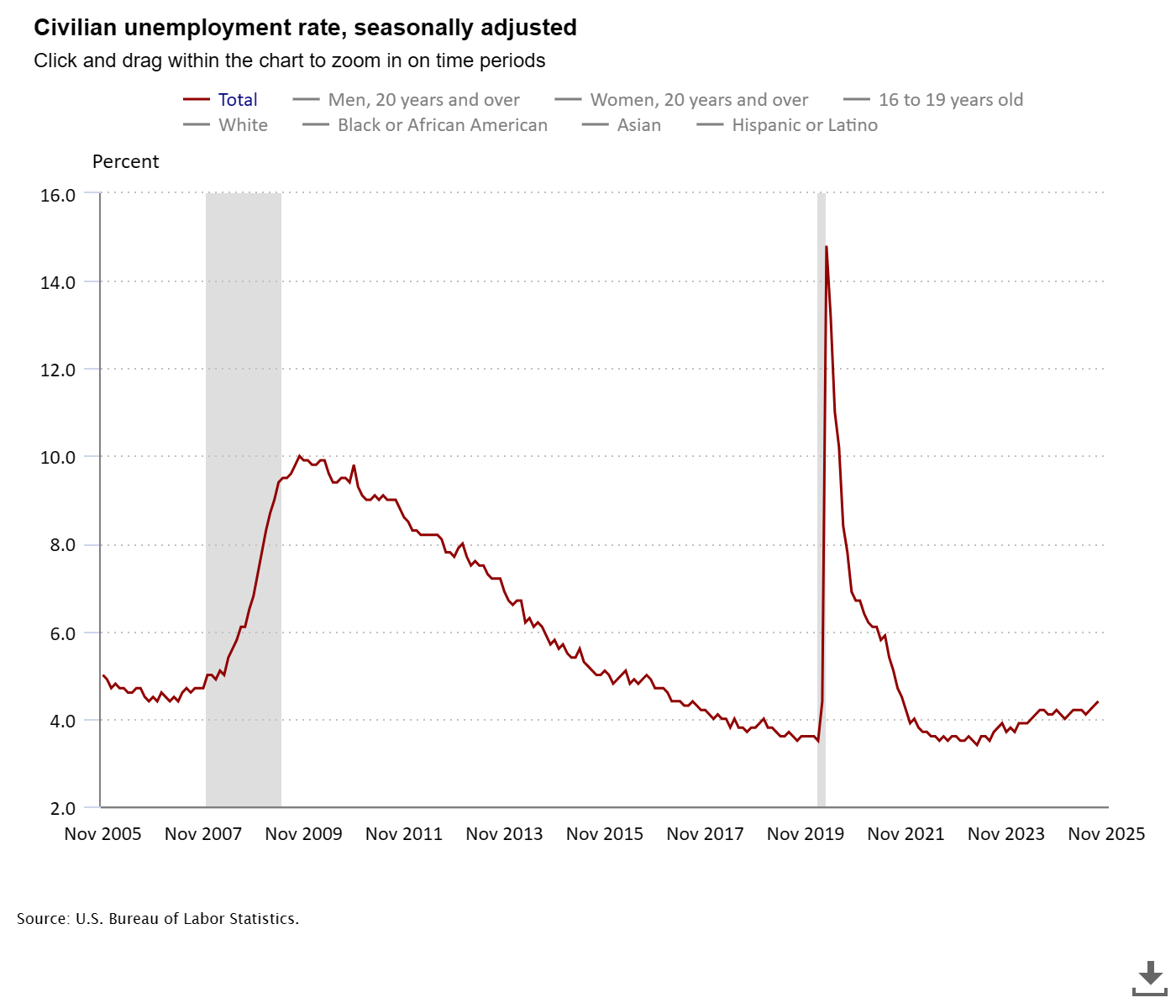
Employment Situation Report: November 2025
The November 2025 employment report reveals a stalling job market with only 64,000 positions added, unemployment climbing to 4.6%, and nearly one million more Americans forced into part-time work. Federal job cuts continued for the seventh month.
-
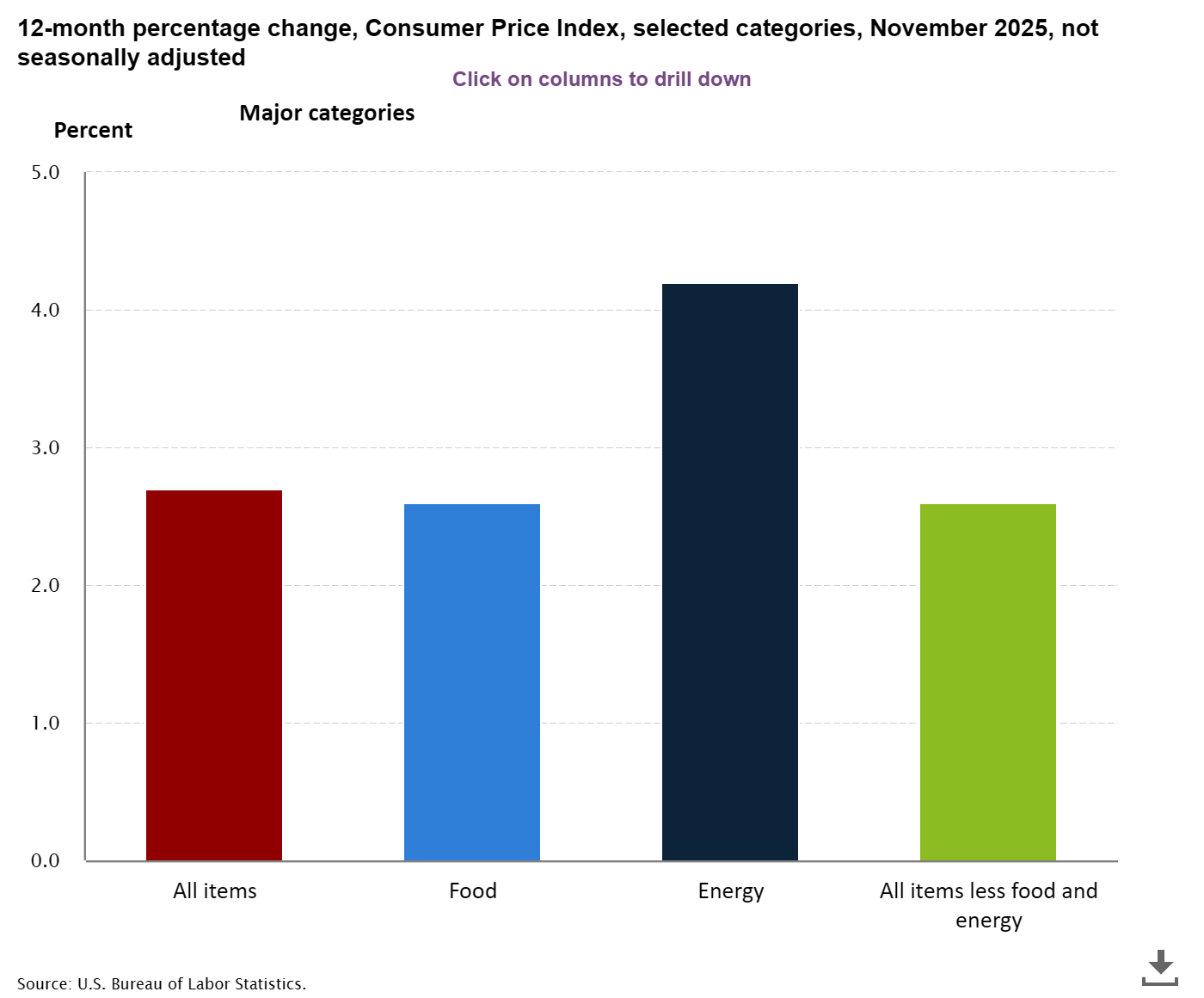
Consumer Price Index for November 2025: Inflation Holds Steady at 2.7 Percent Despite Government Shutdown Data Gap
The Consumer Price Index rose 2.7 percent over the 12 months ending November 2025, with a federal government shutdown in October disrupting normal monthly data collection and requiring the Bureau of Labor Statistics to report a two-month change instead.
-
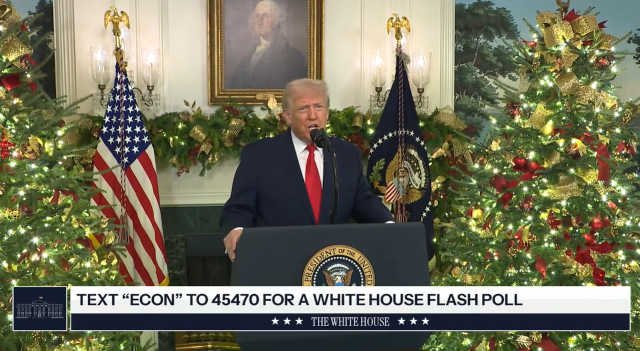
Trump’s Prime-Time Address: Economic Progress Claims and Policy Announcements
Assistance from Claude AI. Summary President Donald Trump delivered a sweeping prime-time address on December 17, 2025, claiming unprecedented economic and policy achievements in his first 11 months back in office. The president announced a surprise “Warrior Dividend” of $1,776 for 1.45 million military service members before Christmas, unveiled dramatic prescription drug price reductions through…
-
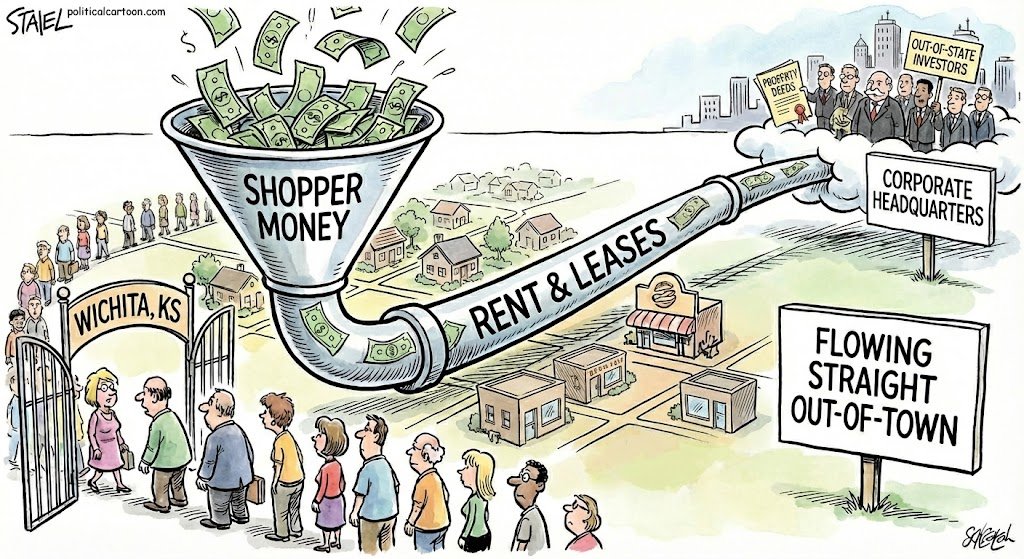
The Biggest Mistake in the Wichita Sales Tax Proposal Is . . .
Dion Lefler argues that Wichita’s proposed sales tax fails as property tax relief because money collected from nonresidents would largely flow back out of the city to absentee property owners.
-
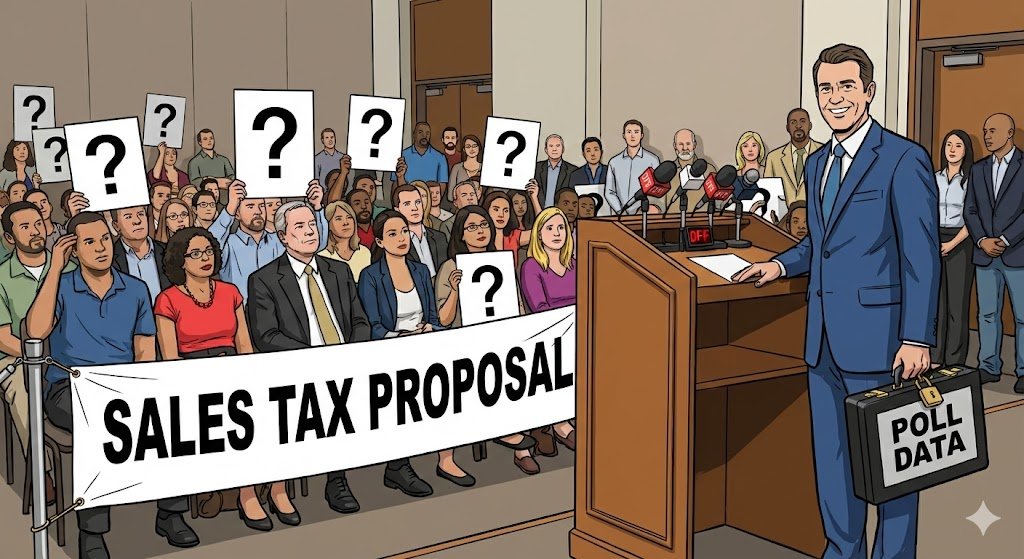
Wichita Forward Moves to Quiet Sales Tax Opposition, Won’t Release Survey Data
Wichita Forward limited public criticism of its proposed 1 percent sales tax by restricting discussion at a forum and refusing to release polling data, drawing complaints from residents and city council members about transparency.
-
Understanding H.R. 6703: The Lower Health Care Premiums for All Americans Act
H.R. 6703 represents House Republicans’ alternative approach to addressing rising health insurance costs without extending the enhanced Affordable Care Act (ACA) tax credits that are set to expire on December 31, 2025. Rather than continuing subsidies that help millions of Americans afford marketplace insurance premiums, this bill focuses on what sponsors call the “root causes”…
-
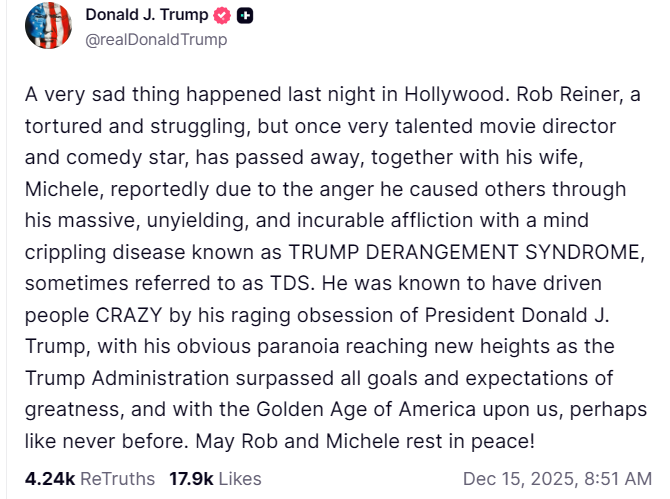
Evaluation: Trump Responds to Death of Rob Reiner
Trump’s response demonstrates a communication style marked by extreme personalization, hostility, and delegitimization of critics through psychiatric labeling. He frames political opposition as evidence of mental defect, enabling moral disengagement and reducing empathy toward individuals associated with dissent—even in contexts involving death or violence. Recurrent themes include grievance, self-vindication, and a rigid narrative of persecution…